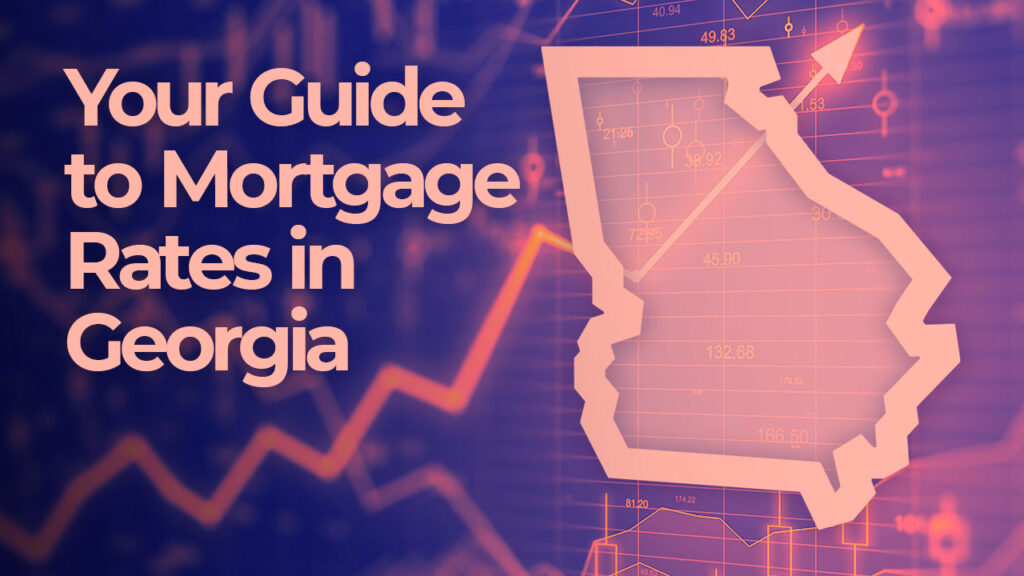Finding yourself needing some extra financial breathing room? A small loan might be the answer. But navigating the world of small loans can feel overwhelming. This guide will help you understand how to unlock financial flexibility with the right small loan for your situation.
Understanding Your Financial Needs
Before you even start looking at loan options, honestly assess your financial situation. What exactly do you need the money for? Understanding your needs will help determine the best type of loan and the amount you should borrow.
Types of Small Loans
There’s a variety of small loan options available, each with its own advantages and disadvantages. We’ll explore some of the most common types, including personal loans, payday loans, title loans, and more. Choosing the right one depends on your specific circumstances and creditworthiness.
Credit Score and Eligibility
Your credit score plays a significant role in loan approval and the interest rates you’ll receive. A higher credit score typically qualifies you for better terms and lower interest rates. Learn more about improving your credit score.
Interest Rates and Fees
Interest rates and fees can greatly impact the overall cost of your loan. Always carefully review the terms and conditions before signing any loan agreement. Compare offers from different lenders to find the most favorable terms.
Loan Repayment Plans
Understand the repayment schedule and ensure you can comfortably afford the monthly payments. Missing payments can have serious consequences, so creating a realistic budget is essential.
Choosing the Right Lender
Not all lenders are created equal. Research different lenders and compare their interest rates, fees, and customer service. Look for lenders with a reputation for fair and transparent practices. Check out some reputable lender review sites.
The Application Process
The application process will vary depending on the lender. Generally, you’ll need to provide personal information, financial documentation, and answer some questions about your credit history. 
Secured vs. Unsecured Loans
Secured loans require collateral (like a car or house), while unsecured loans don’t. Secured loans typically come with lower interest rates but risk losing your collateral if you default. Learn more about secured and unsecured loan options.
Avoiding Predatory Lending
Be wary of lenders who offer extremely high interest rates or hidden fees. Predatory lenders often target vulnerable individuals and can trap borrowers in a cycle of debt. Learn how to spot predatory lending practices.
Budgeting and Financial Planning
Before taking out a loan, create a budget to ensure you can comfortably repay it. A financial plan can help you manage your finances effectively and avoid unnecessary debt.
Debt Consolidation with a Small Loan
A small loan can sometimes be used to consolidate high-interest debts into a single, more manageable payment. 
Unexpected Expenses and Emergency Funds
Small loans can provide a safety net for unexpected expenses, like medical bills or car repairs. However, they should be a last resort after exhausting savings or emergency funds.
Building a Strong Financial Future
Taking out a small loan responsibly can be a stepping stone to building a stronger financial future. By making timely payments, you improve your credit score and establish a positive borrowing history.
Responsible Borrowing Habits
Borrow only what you need and can realistically afford to repay. Avoid taking out multiple small loans at once, which can quickly lead to overwhelming debt.
The Importance of Financial Literacy
Understanding basic financial concepts is crucial for making sound borrowing decisions. Explore resources on financial literacy. 
Long-Term Financial Goals
Consider how a small loan fits into your overall long-term financial goals. Will it help you achieve your goals or hinder your progress?
Conclusion
Obtaining a small loan can be a beneficial tool for managing unexpected expenses or achieving financial goals. By carefully considering your options and understanding the associated risks, you can navigate the process responsibly and unlock greater financial flexibility. Remember to always compare offers and read the fine print before signing any agreements.
Frequently Asked Questions
What is the best type of small loan? The best type of small loan depends on your specific financial situation, credit score, and the purpose of the loan. Consider personal loans, credit cards, or other options based on your needs.
How can I improve my chances of loan approval? Improving your credit score, providing accurate information in the application, and demonstrating a stable income history will greatly improve your chances of loan approval.
What happens if I miss a loan payment? Missing a loan payment can result in late fees, damage to your credit score, and potential legal action from the lender. Always make payments on time.
Where can I find more information on responsible borrowing? You can find reliable information on responsible borrowing from reputable financial websites and educational resources.


